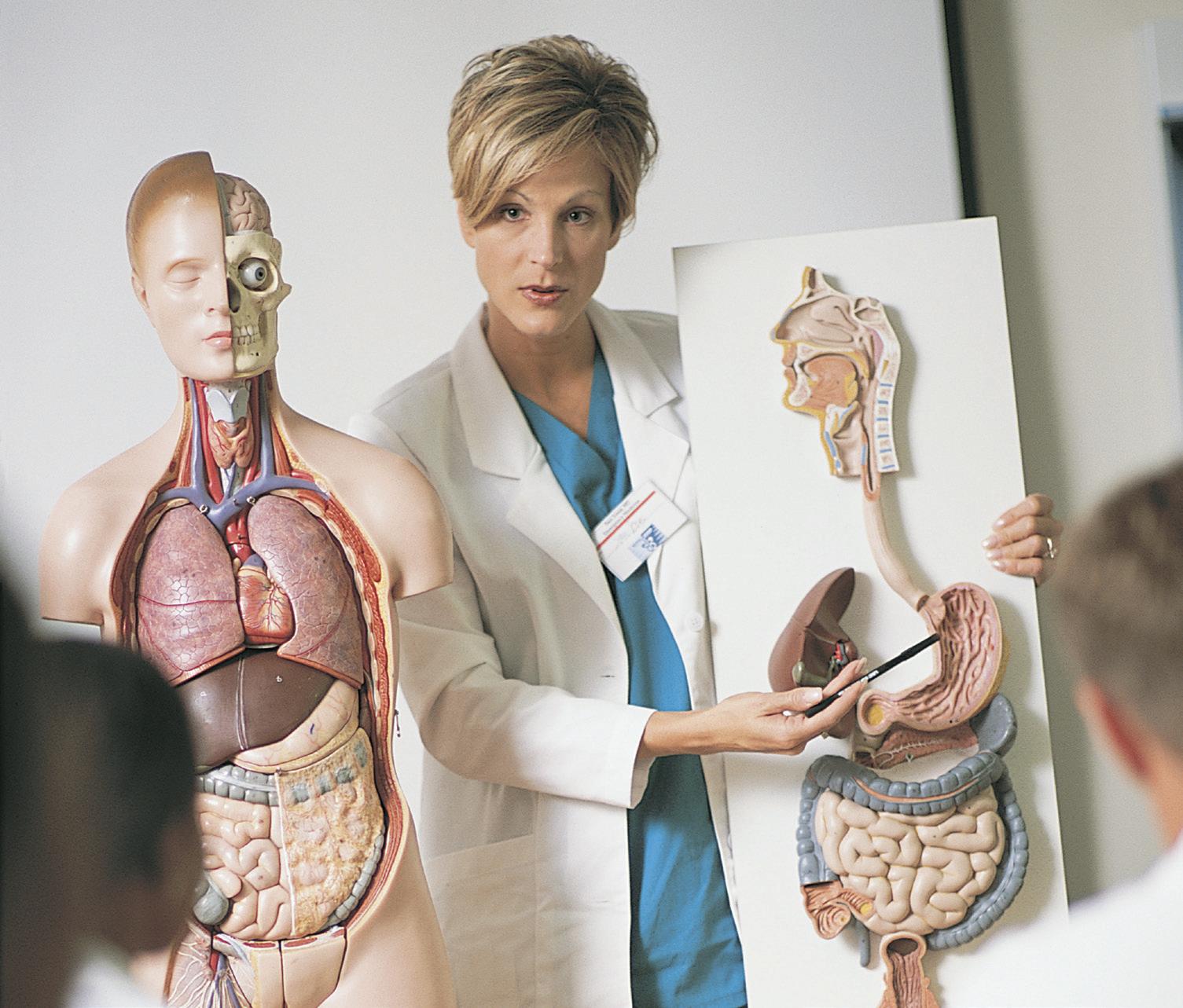•
Applicants must have earned a master’s degree from an accredited institution with a minimum cumulative GPA of 3.0 on a 4.0 scale. No GRE is required.





Take the next step: Contact Logan’s Office of Admissions at Logan.edu/Admissions or at 800-533-9210. Logan.edu | Admissions@Logan.edu | (800) 533-9210 1851 Schoettler Rd., Chesterfield, MO 63017
Admission Requirements
Opportunities
With an increasing demand for health educators who can teach, train, and mentor the next generation of health professionals, graduates of the Ed.D. program can work in a variety of settings, including:
• Hospitals/Clinics
• Colleges/Universities
• Professional Schools
Career/Technical
Doctor of Education in Health Professions Education Online Program
Schools
Logan University’s Doctor of Education in Health Professions Education (Ed.D.) is a 100% online program with a hands-on touch. The program is designed to provide health professionals the tools necessary to be successful educators in their chosen health profession. Engaged faculty work with each student in molding this program to fit their specific interests and needs.
Pursue your terminal degree with an Ed.D. from Logan University:
• 100% online program to be flexible around your schedule
• Part-time/Full-time tracks available
• Three start dates offered each year, meaning less time waiting to begin your Ed.D. and smaller classes sizes
• Application-based courses allow students to learn practical approaches to teaching that they can apply in their careers right away
Ed.D. Curriculum
The Ed.D. provides an opportunity for health professionals to gain knowledge and develop skills in academic leadership, education technology, research, statistics, curriculum development, and instructional delivery and assessment.
“The wonderful faculty and staff have had such a positive impact on my educational experience. Everyone has been extremely supportive while challenging me to become a better educator. The research process has been incredibly smooth, and I am already implementing the skills I have learned into the classroom setting and seeing my students benefit.”
– Natalie Upson, Ed.D., MS, ATC

“If you’re like me, your master’s degree prepared you for the clinical know-how of your chosen career. When it was time to begin teaching, training, and supervising other clinicians, however, I did not have the educational foundations in knowing how to teach. The Ed.D. program fills in that gap for students, providing them with the theory and techniques needed to teach and train our future healthcare professionals. If you have questions about the Ed.D. program and how it will fit your career path, please contact me at Laura.Rauscher@Logan.edu.”
Laura A. Rauscher, Ph.D., LPC, NCC, ACS Program Director for the Doctor of Education in Health Professions Education

Apply Today! For more information visit: Logan.edu/academics/doctorate-health-professions
Issues in Health Professions Education 3 Learning Principles 3 Behavioral Theories in Education 3 Cognitive Psychology and Instruction 3 Principles of Classroom Assessment and Evaluation for Health Professionals 3 Clinical Outcome Development and Performance Assessment 3 Education Technology in the Classroom 2 Curriculum Development and Evaluation 3 Instructional Design 3 Fundamentals of Program Development 3 Diversity in Education 2 Organizational Change and Development 3 Leadership 3 Introduction to Proposal Writing 3 Statistics 3 Qualitative Research Methods 3 Quantitative Research Methods 3 Research Publication Seminar 1 Applied Research Project A 3 Applied Research Project B 3 Education Preceptorship/Practicum I 2 Education Preceptorship/Practicum II 2







